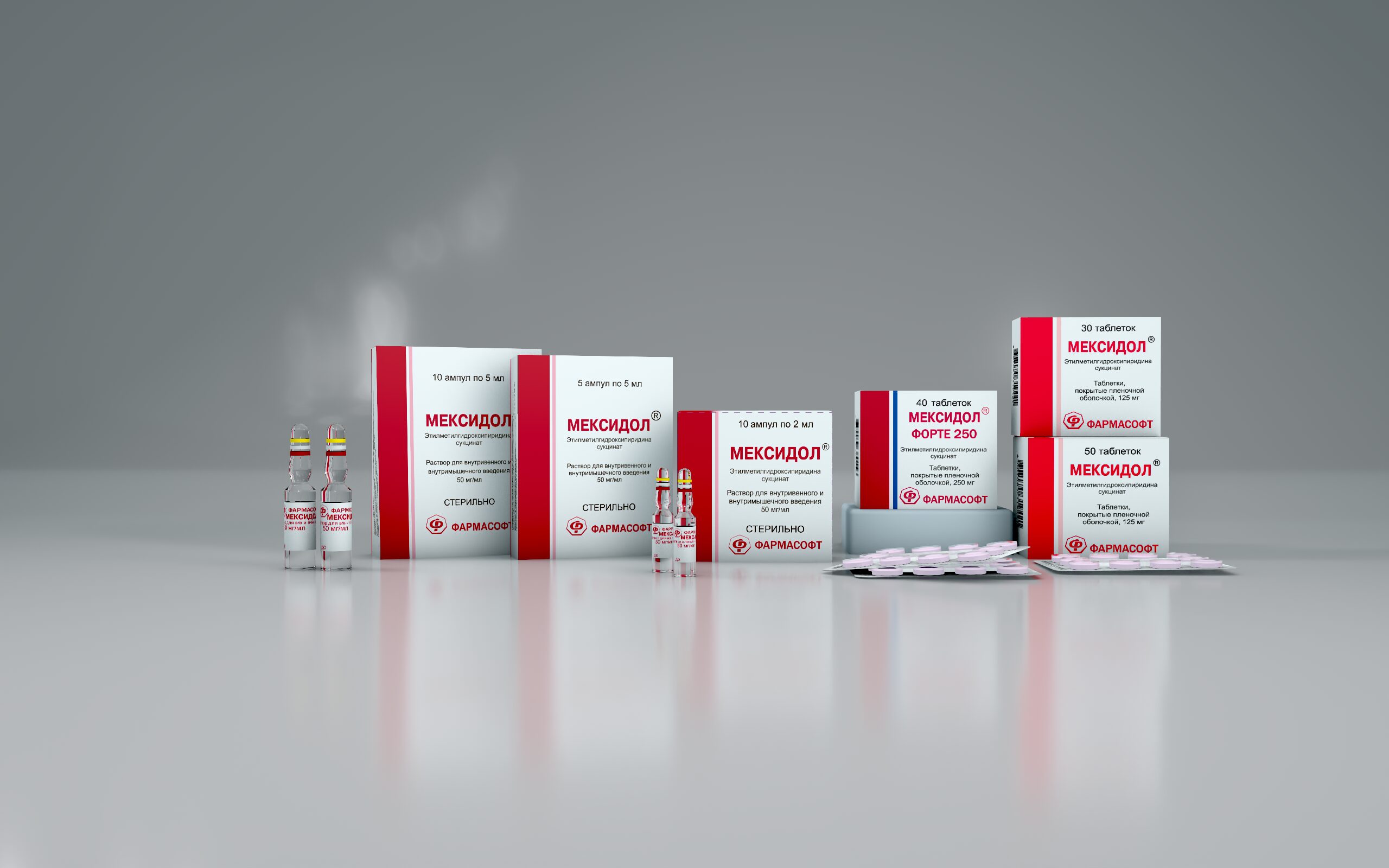Новости
Актуальное
Все новости

От всей души поздравляем с Днём невролога!
От всей души желаем огромных успехов, профессионального роста, развития, крепчайшего здоровья, замечательного настроения, приятного достатка, жизненного счастья, добра, улыбок. Пусть для Вас не существует непреодолимых препятствий и неизлечимых недугов. Пусть каждый пациент будет спасён и полностью возвращён к комфортной жизни.

Доказано преимущество интенсивного снижения артериального давления
Ученые из Национального центра сердечно-сосудистых заболеваний в Пекине сравнили эффективность снижения уровня систолического давления до 120 мм рт.ст. и до 140 мм рт.ст. Результаты исследования ESPRIT были представлены на научной сессии Американской ассоциации по проблемам сердца AHA-2023 и опубликованы на портале Medscape.

Резолюция совета экспертов «Возможности нейропротективной терапии у пациентов с артериальной гипертензией и когнитивными
Нейропротекция должна служить неотъемлемой частью ведения пациентов с АГ. Рекомендовано дополнить алгоритм медикаментозного лечения пациентов с АГ путем включения этилметилгидроксипиридина сукцината (Мексидол®) в клинические рекомендации «Артериальная гипертензия у взрослых» (I10/I11/I12/I13/I15, согласно МКБ-10).

Мексидол® – бережная забота о здоровье детей
ООО «НПК «ФАРМАСОФТ» сообщает о включении нового показания — синдром дефицита внимания с гиперактивностью у детей (возраст от 6 лет), в том числе при гиперактивности, нарушении внимания, импульсивности – в инструкцию по медицинскому применению лекарственного препарата «Мексидол® таблетки, покрытые пленочной оболочкой, 125 мг».

Изменения в инструкции по медицинскому применению Мексидола: новое показание (СДВГ) и детский возраст (6+)
Уважаемые коллеги, сообщаем Вам о включении нового показания — синдром дефицита внимания с гиперактивностью (СДВГ) у детей в возрасте от 6 до 12 лет, в том числе при гиперактивности, нарушении внимания, импульсивности.

В/м инъекции на дому — экономия времени процедурного кабинета и удобство для молодых пациентов
С тем высокоскоростным ритмом жизни, что есть сейчас, многим пациентам, особенно трудоспособного возраста, не всегда удается находить время в своем плотном графике на посещение процедурного кабинета. Тем не менее, они тоже болеют и у них также могут диагностироваться серьезные патологии, которые потребуют назначения курса эффективной терапии, включающей в т.ч. инъекционные формы.

Влияние гриппа на память и мозговую активность
Грипп – это острое инфекционное заболевание, поражающие как верхние, так и нижние дыхательные пути, возбудителем которого является вирус.

Статья «Результаты многоцентрового двойного слепого рандомизированного плацебо-контролируемого клинического исследования по оценке эффективности и безопасности препарата Мексидол в лечении синдрома дефицита внимания с гиперактивностью у детей (МЕГА)»
В разделе «Библиотека» — «Доказательная база» размещена статья «Результаты многоцентрового двойного слепого рандомизированного плацебо-контролируемого клинического исследования по оценке эффективности и безопасности препарата Мексидол в лечении синдрома дефицита внимания с гиперактивностью у детей (МЕГА)».

Опубликованы результаты уникального и первого в своем роде международного многоцентрового рандомизированного двойного слепого плацебо-контролируемого исследования по изучению эффективности и безопасности последовательной терапии препаратами Мексидол® и Мексидол® ФОРТЕ 250 у пациентов с хронической ишемией мозга (МЕМО)
Результаты международного многоцентрового рандомизированного двойного слепого плацебо-контролируемого исследования оценки эффективности и безопасности последовательной терапии пациентов с хронической ишемией мозга препаратами Мексидол® и Мексидол® ФОРТЕ 250 (исследование МЕМО), проведенного в полном соответствии с международным этическим и научным стандартом планирования и проведения исследований с участием человека (GCP), опубликованы в Журнале неврологии и психиатрии им. С.С. Корсакова, 2021;121(11):7–16., ведущем ВАК — рецензируемом издании для неврологов и психиатров России.

Последовательная, длительная терапия – залог эффективного лечения
В целях полного раскрытия терапевтического потенциала препарата Мексидол® рекомендована именно последовательная длительная терапия (рандомизированное клиническое исследование ЭПИКА1, 2017 г.): сначала 14 дней инъекции (фаза насыщения), с последующим переходом на таблетированную форму препаратами Мексидол® или Мексидол® ФОРТЕ 250 в течение 2-х месяцев (фаза максимизации терапевтического эффекта). Периодичность терапии 2-3 раза в год или в периоды обострений.
ИНФОРМАЦИЯ ПРЕДНАЗНАЧЕНА ДЛЯ МЕДИЦИНСКИХ И ФАРМАЦЕВТИЧЕСКИХ РАБОТНИКОВ. ДАННАЯ ИНФОРМАЦИЯ НЕ МОЖЕТ СЛУЖИТЬ ЗАМЕНОЙ КОНСУЛЬТАЦИИ ВРАЧА.
Источник фото и изображений shutterstock.com